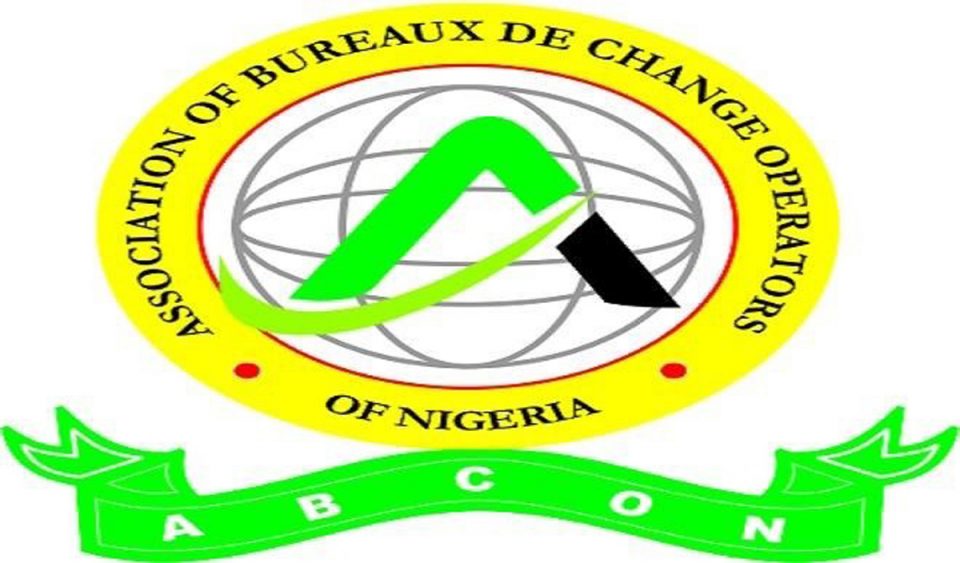The Association of Bureaux De Change Operators of Nigeria (ABCON) has cautioned the Federal Government against policies that can worsen the impact of upward inflationary trend on the populace.
ABCON gave this warning in its Quarterly Economic Review for the second quarter of the year, Q2’22, noting the severe impact of the sharp rise in commodity prices triggered by the COVID-19 pandemic and the ongoing Russian war in Ukraine.
“Nigeria needs to balance fiscal sustainability with the need to mitigate the effects of these overlapping crises on the poorest citizens. The excruciating pressure on commodities especially oil and gas globally is not exonerating the poor in Nigeria,” ABCON said.
“Galloping energy prices as currently being witnessed in Nigeria, with lower real incomes, increased production costs, tightened financial conditions, and constrained macroeconomic policy.
“Under these prevailing circumstances, the Government must avoid all distortionary policies such as multiple taxes, subsidies, and all fiscal tightening, which could worsen the recent increase in commodity prices”, the Association added.
Against this background, ABCON called on the FG to cushion and reprioritise its spending with emphasis on targeted relief for vulnerable populations, in the light of higher inflation, weaker economic growth and tighter financial conditions.
Such reliefs, ABCON explained, should include, comprehensive harmonisation of all local, states and federal government taxes which currently are imposing a heavy burden on the citizens of Nigeria; deliberate and dynamic monetary policy to optimise interest rates to stimulate savings, investments and production; better coordination of monetary and fiscal policies to avoid conflicting effects detrimental to set objectives.
ABCON also noted the sharp and persistent depreciation of the naira since the beginning of the year, warning that this trend will increase the debt service burden of the country and thus undermine the nation’s credit risk as well as impede foreign capital inflows into the country as well as increase the debt service burden on the country.
“The trend of depreciation of the exchange rate of the local currency is definitely a serious cause for concern to all stakeholders in the economy. Large swings in the exchange rate, and especially large depreciations, can destabilise prices, and can do so in non-linear and even discontinuous ways as it is currently doing in the Nigerian economy. “Monetary stability, usually accompanied by at least moderate exchange rate stability in the medium term, is the cornerstone of orderly economic activity.
“The current trend of increased depreciation of value of currency against increased debt servicing burden increases borrowers’ credit risk, works against more capital inflows and tightening financial conditions.




